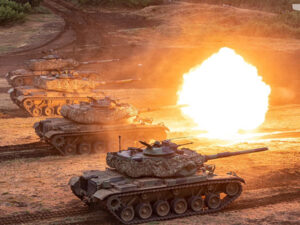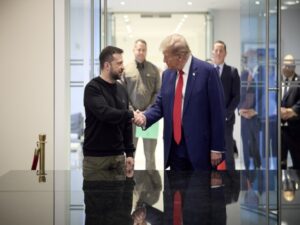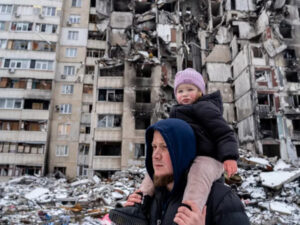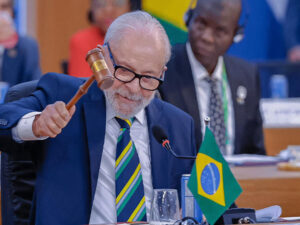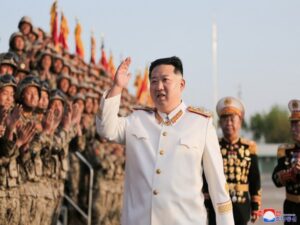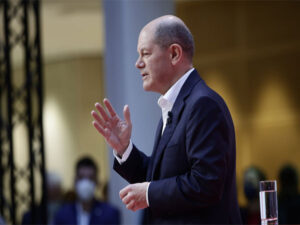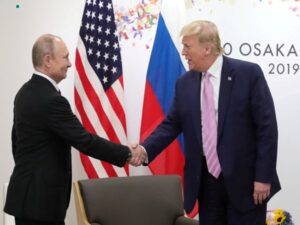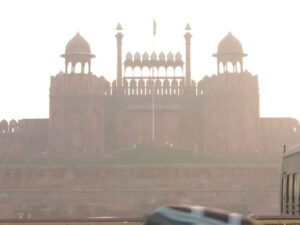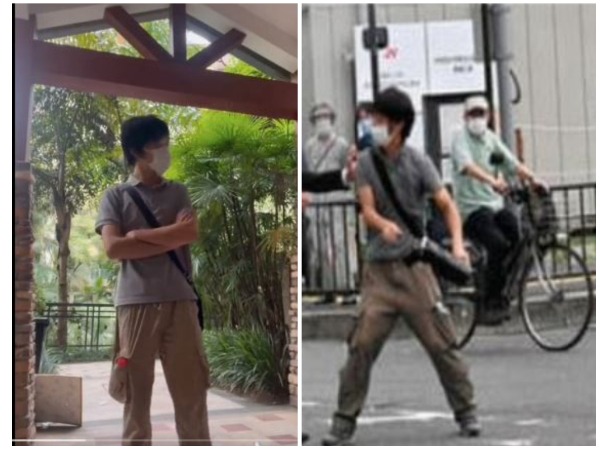
Beijing [China], July 21 (ANI): After the former Japanese Prime Minister Shinzo Abe was assassinated in early July, a trend, mimicking the shooter of the leaders, is going on Chinese social media, the country accused of celebrating the killing of the Japanese leader.
Shinzo Abe was assassinated in early July 8.
Tetsuya Yamagami, a 41-year-old resident of Nara City, in western Japan shot Abe while he was delivering a campaign speech on July 8.
Chinese considered it fun to dress and strike pose the same way as the killer, showcasing how low one country can go. Youth in China are creating a short video, posing and dressing like the shooter, and uploading it on social media to set a trend to hail the shooter who killed Abe, Japan’s longest-serving Prime Minister.
Youth in China are creating a short video, posing and dressing like the shooter, and uploading it on social media to set a trend to hail the shooter who killed Abe, Japan’s longest-serving Prime Minister.
Soon after the attack on Abe, anti-Japan posts on Chinese social media circulated, calling Tetsuya Yamagami a “hero”.
Shinzo Abe sustained two gunshot wounds to the front of his neck and the bullet that killed him damaged his heart and a major artery, causing blood loss, Hidetada Fukushima, the head of emergency services at Nara Medical University Hospital said.
According to Dr Fukushima, Abe went into cardiopulmonary arrest at the site of the attack and lost vital signs during transportation, the Wall Street Journal reported.
Ties between Japan and China which have been tense for years owing to territorial disputes in the East China Sea, deteriorated in the year 2012 over the uninhabited Japanese-administered Diaoyu/Senkaku islands, which China considers as part of its territory.
In December 2021, Abe while delivering a speech to an audience in Taiwan via video said that any armed invasion of Taiwan would present a serious threat to Japan adding that Chinese President Xi Jinping should understand that a Taiwan crisis would be a Japan crisis and therefore a crisis for the Japan-US alliance. Abe’s comment had irked Beijing.
Abe had also expressed his support for Taiwan’s participation in the regional trade pact Comprehensive and Progressive Agreement for Trans-Pacific Partnership (CPTPP) and the World Health Organization (WHO). (ANI)







